Dental Exam & Screening FAQs
What Occurs During an Exam?
Professional cleanings generally take between 30 and 60 minutes to complete. Our office will always update patient records to properly track oral cavity anomalies. We will also use a scaler to remove tartar, bacteria, and plaque from teeth by scraping them off. This is done both above and below the gum line.
Once completed, we will use an abrasive toothpaste to remove any stains on tooth enamel. X-rays are also taken to evaluate the jawbone's health and determine if any action needs to be taken to ensure oral health.
During these professional cleanings, we will also check the patient's teeth for any changes in their oral pathology. We look for ulcers, sores, abscesses, and other tissue anomalies. Identifying abnormal tissue growths is crucial, as we can determine if they indicate oral cancer and other diseases or illnesses.
Despite concerns, professional dental exams and cleanings typically cause only mild discomfort as we remove tartar, bacteria, and plaque from the teeth and gum surfaces. Here’s what to expect:
- Medical History Update: One of the most important aspects of the exam is updating the patient's medical history. This provides us with all the detailed information necessary to determine their future care. It also allows us to note any prescription medication the patient might need, which could impact their care.
- Physical Examination: After we gather the medical history information, we will examine the head, neck, jaw, and mouth to look for any limited range of motion, discolorations, ulcers, and abnormal tissue growths in and around the oral cavity. We will use X-rays to determine the health of the underlying jawbone structure. This is important because the gums and teeth will be affected without a healthy jawbone.
- Cleaning and Screening: Once the assessment has been completed, we will clean the oral cavity of all tartar, plaque, and bacteria from the surface of the teeth, both above and below the gum line. We will also screen for oral cancer, looking for any oral cavity tissue that might warrant further assessment.
How Often are Dental Cleanings Needed?
According to the American Dental Association's recommendations, patients must come into the office for cleanings and examinations twice a year at a minimum. This recommendation is for patients of all ages.
When cleanings are done regularly, they help maintain high oral cavity health. When paired with brushing and flossing at home, the patient's mouth will be well-defended against decay and disease.
Why Are Dental Cleanings Important?
Brushing and flossing daily keeps the dangerous bacteria that live in the oral cavity at healthy levels. It helps to remove the bacteria from the surfaces of the gums and teeth and hinders tooth decay and the development of periodontal disease.
Professional cleanings are essential because they provide a deep cleansing for the oral cavity, reaching areas that brushing and flossing alone cannot. It helps remove tartar, plaque, and bacteria from the visible areas of the teeth and gums and those below them.
When the oral cavity has an infection, it can easily spread throughout the body through the bloodstream, leading to serious health complications such as heart disease, stroke, arthritis, and diabetes.
Fluoride Treatment
Fluoride has long been known to be a smile’s best friend. Regular exposure to this mineral strengthens the teeth and makes a person less likely to develop cavities over time, which is why you’ll often find it added to toothpaste and public water sources. To give your smile some extra cavity-fighting power, we can provide them with a topical fluoride treatment during their regular checkups. It only takes a minute, is completely painless, and it will go a long way in keeping their smile healthy between appointments.
The Importance of Getting Screened
One of the most important aspects of cancer treatment is starting it as early as possible, which can only happen when cancer is discovered early on. If cancer is not detected in time, it can easily enter the lymphatic system by way of the lymph nodes directly beneath the lower jaw. The outcome is always far more positive when treatment is started early in the progression of the disease.
Growths or odd tissue in the mouth aren’t always cancerous. In fact, most tissue growths are not cancerous. The only way to be sure is to find out by way of a professional assessment. There are specific factors that could increase a patient’s likelihood of developing oral cancer. These people should prioritize getting regular oral cancer screenings:
- Use of tobacco products
(cigarettes, pipes, cigars, or smokeless tobacco)
- Those who abuse alcohol
- Exposer to direct sunlight
Mouthguards & Sports Guards
While athletes wear guards to protect their teeth and mouth from impact, some patients need mouth guards while sleeping. When worn correctly, they can help to stop the pain and dull ache patients feel while grinding their teeth.
Custom night guards are designed to protect the patient's teeth from the effects of bruxism. They act as a barrier to keep the upper and lower teeth apart to stop the patient from grinding them as they sleep. Wearing a mouth guard at night can also stop toothaches and headaches, which are common issues that come with bruxism.
There are various types of mouth guards available. Stock guards are designed to be one-size-fits-all. They’re the most affordable but might not be the most effective, especially if you have alignment issues. Boil-and-bite mouth guards generally fit better but may be more difficult to mold properly. We highly recommend custom-made mouth guards from our office for the best protection. They’re made of durable materials and designed specifically for your mouth.

